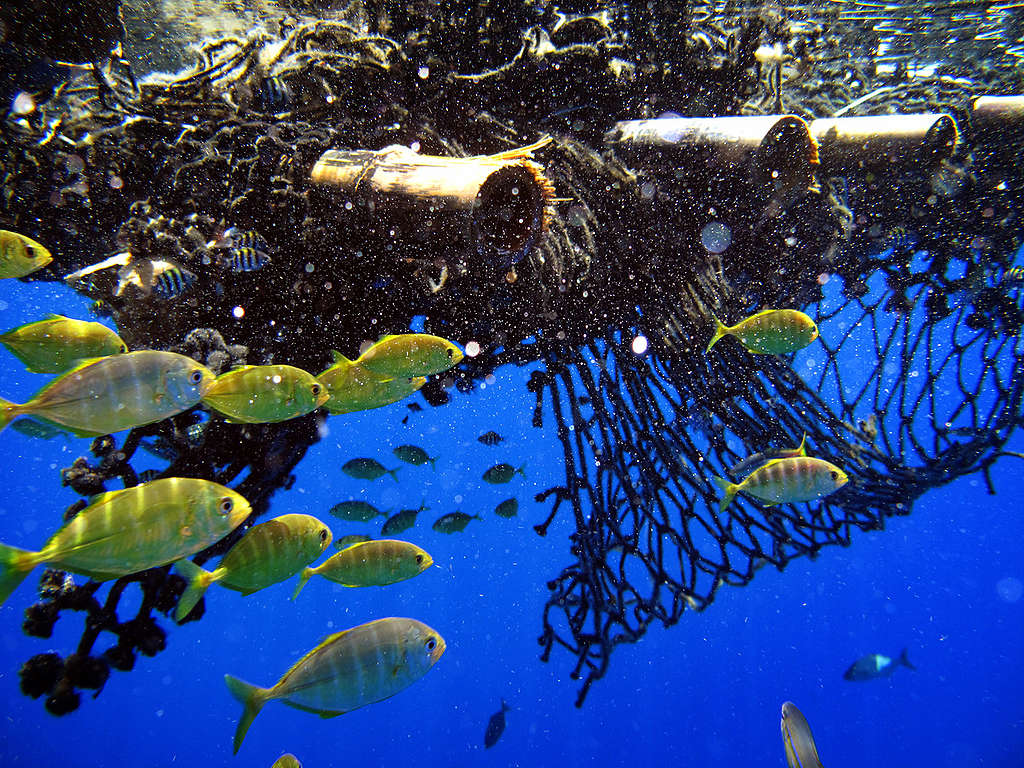So why are governments still hoping that they can solve the ocean crisis in discussions dominated by destructive fishing interests?

View original post 652 more words
So why are governments still hoping that they can solve the ocean crisis in discussions dominated by destructive fishing interests?

View original post 652 more words
Comments are closed.
This reminded me about Norwegian salmon ‘farming’. As the salmon is a carnivore, the food (pellets) contain fish. It turned out that these pellets are only produced in two different factories in the world. One in Peru and one in Iceland. The former refuses to inform what the pellets contain, but the latter do. It turns out that it requires six to seven kg of fish for every kg of salmon produced to make the pellets. The salmons has been marketed in Sweden as environmental friendly and the solution to overfishing … Added to the story, fish farming are prone to pick up fish diseases due to the number of fishes in the same location …
LikeLiked by 1 person
Very interesting info thank you. And yes there is way more to the farming than we’re told. Apparently farmed salmon is highly toxic. There are some very in depth articles around & I’ve posted a video or two over the past couple of years on topic. I was surprised. Hadn’t realized. Would never buy farmed now knowing what I know.
LikeLiked by 1 person
Personally, I don’t eat salmon, because I never liked the taste. The favorites are herring, Alaska pollok and plaice. Some anchovy occasionally might slip down too, when feeding the cats.
LikeLiked by 1 person
I forgot tuna, but the same as with the anchovy … 🐱
LikeLiked by 1 person
I like anchovies 🙂
LikeLike